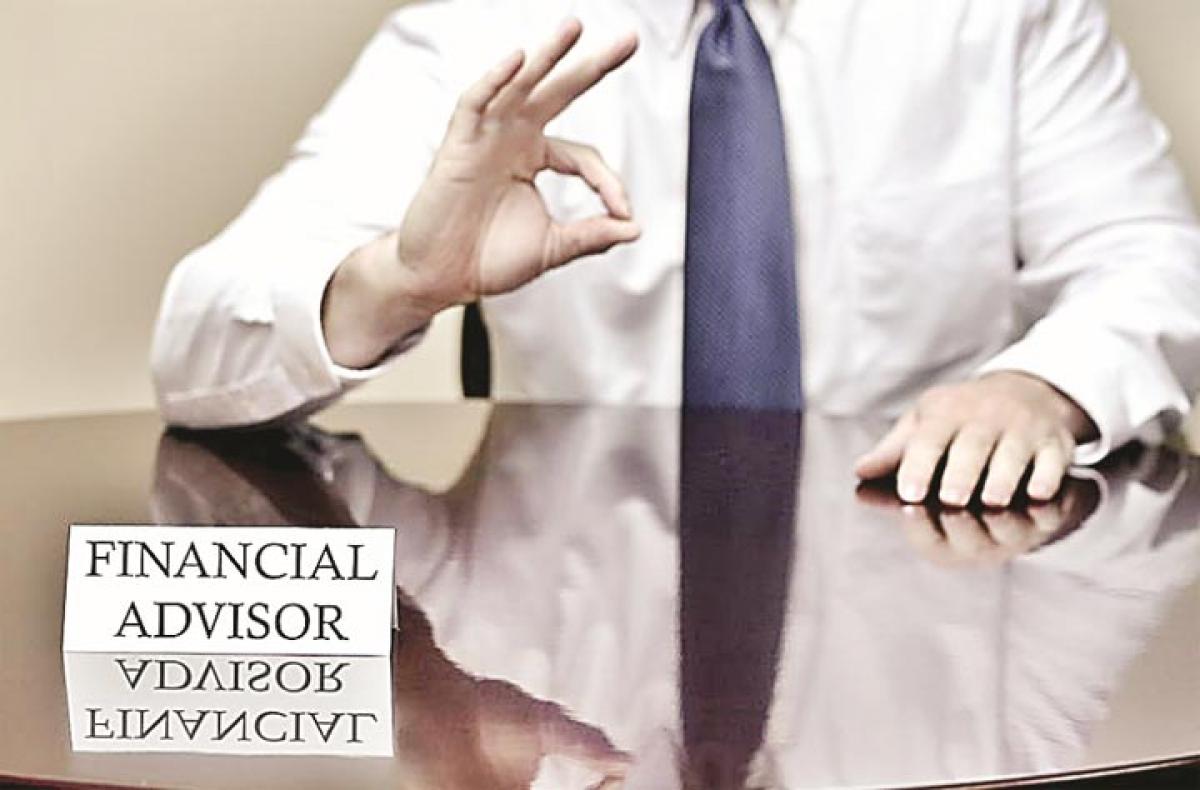Live
- First Impressions and Unboxing of the MacBook Pro M4: A Powerhouse for Professionals and Creators
- China Gears Up for Potential Trade War Amid Trump’s Tariff Threats
- Small Farmers Gain Less by Selling to Supermarkets: Study Reveals
- Why Despite the Controversy, America Is Anticipating the Mike Tyson vs. Jake Paul Fight
- Sanju Samson and Tilak Varma Shine: Record-Breaking Feats in 4th T20I Against South Africa
- India Urges $1.3 Trillion Annual Climate Support for Developing Nations
- Bad air: 106 shuttle buses, 60 extra Metro trips planned to make Delhiites give up cars
- WHO reports declining monkeypox cases in Congo
- CM Attends Kotideepotsavam on Kartika Purnima
- PKL Season 11: Raiding trio of Devank, Ayan, Sandeep help Patna Pirates rout Bengal Warriorz
Just In

Its widely acknowledged about the two major risks in ones life and they are living too long or living too short. The latter is compensated through adequate insurance planning while the former condition could be well addressed through disciplined investment planning and strategy.
It’s widely acknowledged about the two major risks in one’s life and they are living too long or living too short. The latter is compensated through adequate insurance planning while the former condition could be well addressed through disciplined investment planning and strategy. But, there is one more risk most individuals don’t assume or even planners don’t often consider but confounds the entire premise. It’s about how to manage post the event of the unfortunate demise of an individual.
While planning especially if both of the couples are working or even in case of capability to work, the risk is assessed individually and then combined for the analysis. Accordingly, the inherent risks of the loss of lives are estimated and appropriate measures are taken or implemented. Despite this contingency being done, in reality, when this event occurs the surviving partner’s risk changes though most of the pre-defined goals remain the same.
This is purely from the psychological point of view and hence ideally the risk appetite should remain unchanged. This is compounded by the fact that there is a large amount of suggestions/recommendations from the near and dear on the management of the arrived contingency fund. Here again, these sums should be sufficient for the envisaged needs but the rationality is lost with this sudden irreplaceable loss.
Of course, the advice stems more out of concern to the survivor and unintentionally their perceptions towards risk are rubbed. This beats the whole of the entire planning exercise done at the first place. This is exactly where the professional help is required. If a couple had earlier opted the services of an advisor, then it’s high time for the surviving member to continue to employ the advisor for making any financial decisions. At the least, that individual could sit again to review the entire exercise before taking the course of action.
It might include revisiting all the process including the risk profiling. By doing this, one ensures the continuity in the process and also a rational approach towards the life’s further events, which continue irrespective of the current deviations. The advisor is also equipped with the knowledge and prioritization of both the individuals not just in the needs but also inclination towards certain types of investments, etc.
One needs to understand how a particular investment which was deemed deficient in the earlier consideration finds in the current situation without any proper analysis. This could defeat the earlier understanding and hard work of employing the advisor at the beginning itself. To condense or even altogether avoid these situations, the couples should sit together and ensure a will is executed. A registered will not only brings in title clarity across assets but also alleviates the lead time in the transformation after such an event.
This is critical as further delays would impact the planned needs. It’s ideal to continue with the trusted advisor in the execution of the planning post such events. The other important thing to be remembered is to document all of the planning and rationale for choosing a particular investment or avenue. This helps in clearing doubts of why one had opted at the first place, also would be greatly useful during these periods of strife.
This also eliminates various doubts that arise during the execution and allows one to approach with a clear vision. So, once a relationship is established and the trust is built, it’s ideal to continue that advisor for the lifetime for a seamless transition, planning and execution.

© 2024 Hyderabad Media House Limited/The Hans India. All rights reserved. Powered by hocalwire.com







